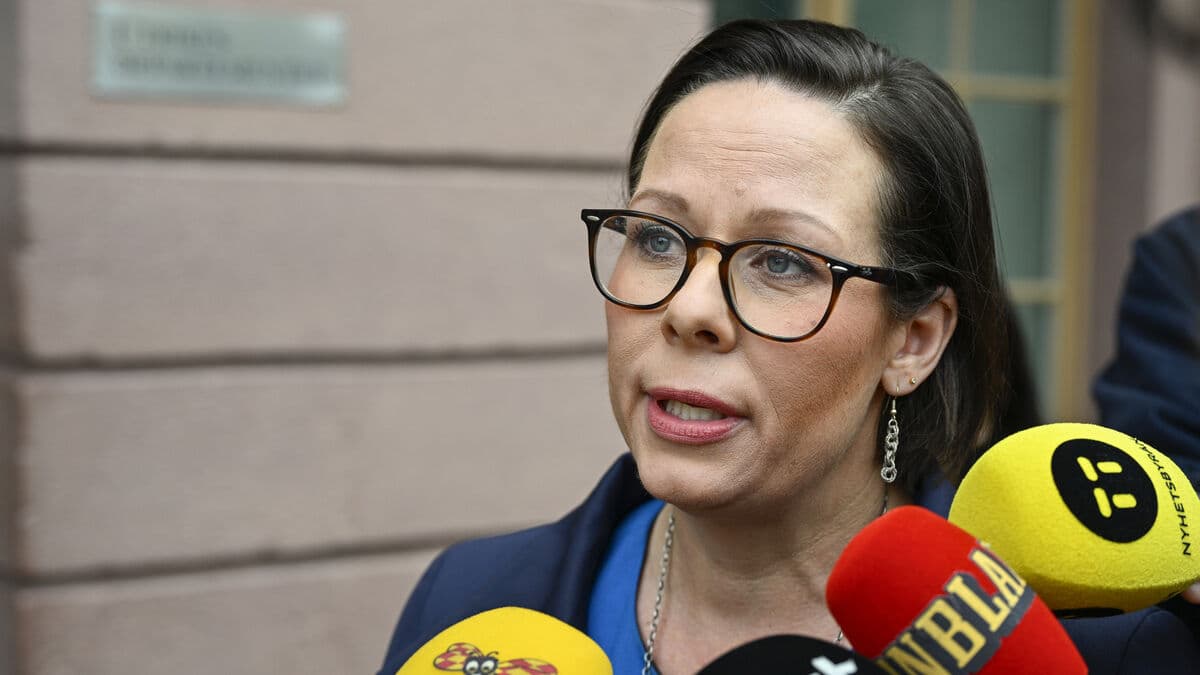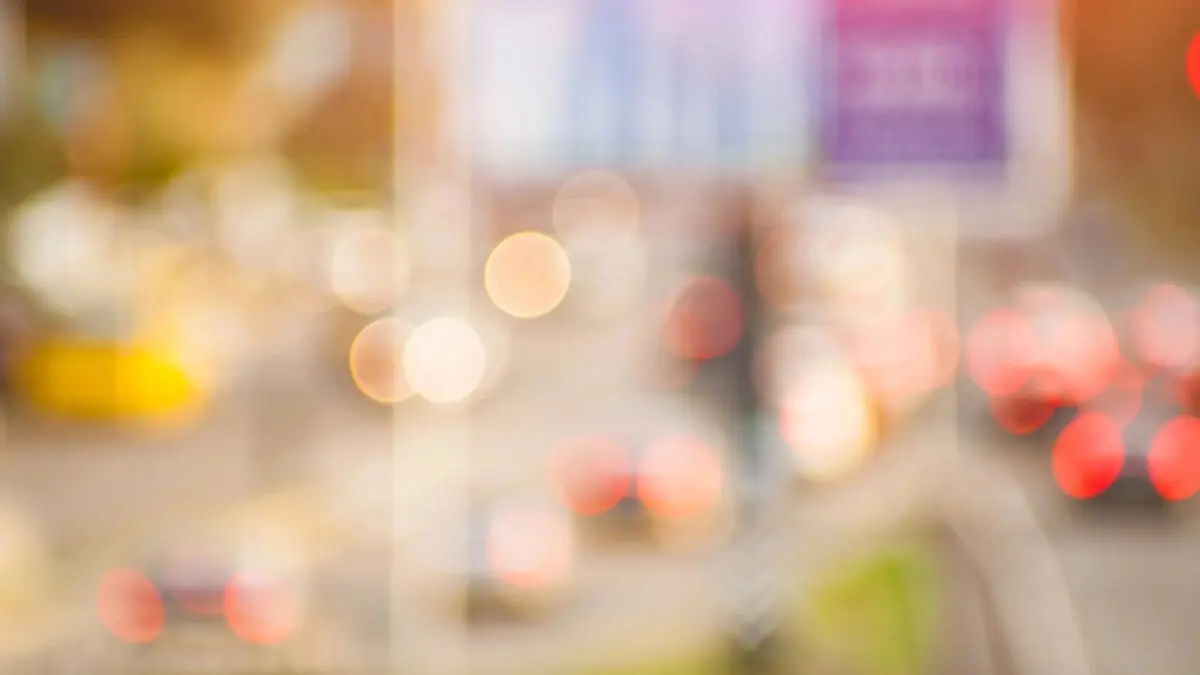She shows that another Venezuela is possible, beyond the brutal socialist regime that (President Nicolás) Maduro stands for and which has forced eight million Venezuelans to flee since 2014, says Foreign Minister Maria Malmer Stenergard (The Moderate Party).
María Corina Machado has refused to go into exile despite a threat, and lives in hiding in her home country.
Therefore, I have not had the opportunity to meet her in person, but it was one of the first conversations I had as the new Foreign Minister, says Malmer Stenergard.
The Swedish government supports the Venezuelan opposition, says the Foreign Minister further:
She is a brave woman.
Peace Prize in War Anxiety
The Nobel Committee's choice was somewhat of a surprise, says Karim Haggag, head of the Stockholm International Peace Research Institute (Sipri).
But with that said, I think it's a very welcome choice. It sends a very strong signal about her courage and commitment to defending democracy in Venezuela and for democracy globally, he says.
Democracy is a prerequisite for lasting peace, the committee stated in its motivation. They give the prize to Venezuela's opposition leader in a situation where the country's government is under increasing pressure from the US, with threatening outbursts from the White House and warnings of possible escalation.
The choice of winner probably doesn't need to be seen in the light of the tensions that exist, Karim Haggag assesses.
But with that said, there may be those who focus on this prize as a way to de-escalate these tensions. To emphasize that regardless of what differences of opinion exist, they can be resolved in a peaceful way, says Karim Haggag.
"A Central Building Block"
The Swedish Peace Secretary General Karin Wall Härdfeldt sees the prize as an important statement for democracy in a time marked by democratic decline and authoritarian tendencies in many parts of the world.
Democracy is a central building block for sustainable peace, she emphasizes, like the Nobel Committee.
Hopefully, this prize can strengthen the democratic movement in Venezuela, but it can also be seen as support for those who around the world, sometimes with their lives at stake or with a large threat against them, stand up for democracy and human rights, says Karin Wall Härdfeldt.






